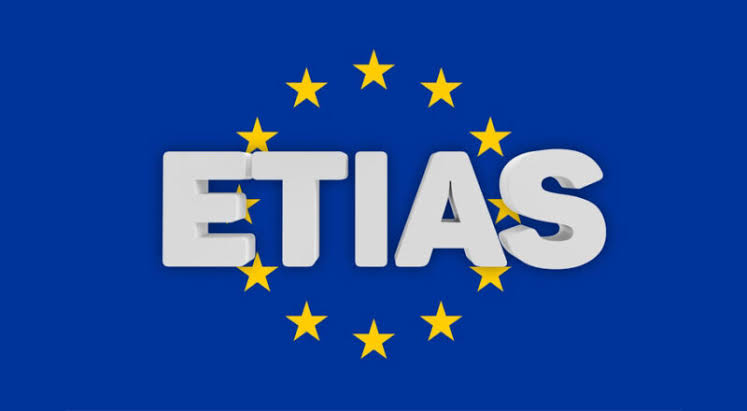The European Union and Germany have called upon Poland to address the allegations surrounding the visa fraud scandal. Reports have surfaced suggesting that Polish consulates and external companies may have issued a significant number of temporary work visas in exchange for bribes. In response, EU authorities have urged Poland to swiftly investigate these allegations.
Anitta Hipper, the EU Commission Spokesperson for Home Affairs, expressed deep concern over the scandal’s reports, raising questions about Poland’s compliance with EU law. The EU Home Affairs Commissioner, Ylva Johansson, has written to Polish authorities, requesting clarification on the matter. Commissioner Johansson expects a response from the Polish government by October 3.
Germany, too, has demanded an explanation from Poland regarding the visa fraud allegations. Amid increasing tensions within the European Union regarding migration, German Interior Minister Nancy Faeser contacted her Polish counterpart, Mariusz Kaminski. Berlin has urged Warsaw to provide prompt and comprehensive clarification of the allegations.
Poland has vehemently denied these claims and expressed anger at the inquiries, particularly from Berlin. Minister Kaminski rejected the allegations, deeming them absurd. Poland’s Ministry of Foreign Affairs also refuted the accusations, asserting that visas were issued through legal procedures, primarily to citizens of Ukraine and Belarus.
Despite Polish authorities suggesting that the scheme may have involved several hundred work visas, the country’s opposition believes the actual number could be closer to 250,000. Poland’s Secret Service has reported the detention of seven individuals ahead of the October 15 elections.
The Ministry of Foreign Affairs emphasized that over the past 30 months, nearly two million short-term visas have been issued, along with 1.7 million national visas to third-country nationals, permitting them to reside and work in Poland.
My name is Diana Moore , focus on innovation mindsets . As I believe in working hard and putting the soul in my work, I have accomplished so much success and place in SeeHeadlines.Com, and now I have confidence in this, that I am the spin of this network. I have a vision of touching the sky. I wish to see this industry on a global scale one day.

